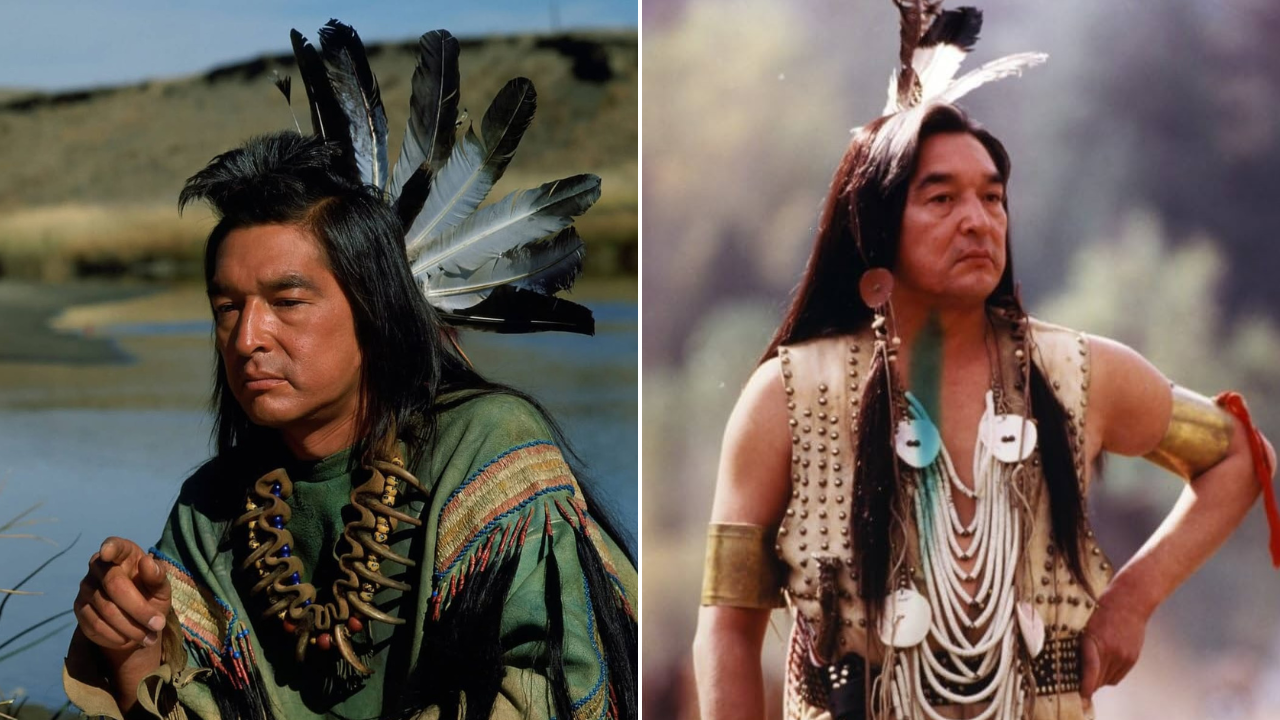Graham Greene, Dances with Wolves Actor, Dead at 73
Toronto, Canada — Graham Greene, the acclaimed Canadian actor whose Oscar-nominated role in Dances with Wolves brought Indigenous representation into Hollywood’s mainstream, has died at the age of 73. His passing was confirmed by his agent, who said Greene died peacefully in a Toronto hospital on September 1 after a long illness.
Born June 22, 1952 on the Six Nations Reserve in Ontario, Greene grew up far from the bright lights of film and television. Before ever stepping onto a stage, he worked a series of blue-collar jobs — as a steelworker, welder, draftsman, and even an audio technician. That work, he later said, gave him discipline and humility, qualities that shaped the actor he would become. A chance suggestion to try theatre changed his life forever. By the 1970s, Greene was acting in Canadian and English stage productions, quietly honing a craft that would one day carry him across the globe.
Breakthrough in Dances with Wolves
Greene’s international breakthrough came in 1990 when director and star Kevin Costner cast him as Kicking Bird, the Lakota holy man in the epic Western Dances with Wolves. His performance, marked by quiet strength and deep humanity, earned him an Academy Award nomination for Best Supporting Actor, making him one of the first Indigenous actors to receive such recognition.
The film went on to win seven Oscars, including Best Picture, and Greene’s role is still remembered as a landmark in shifting Hollywood away from caricatures and toward authentic portrayals of Indigenous characters.
A Career of Range and Depth
Following his success, Greene built an impressive career spanning film, television, and stage. He appeared in major Hollywood films such as Thunderheart (1992), Maverick (1994), Die Hard with a Vengeance (1995), The Green Mile (1999), The Twilight Saga: New Moon (2009), Wind River (2017), and Molly’s Game (2017).
On television, his credits included Northern Exposure, Longmire, Defiance, Riverdale, American Gods, and, more recently, The Last of Us and Reservation Dogs. Each role reflected his versatility, from spiritual guides to hardened survivors, always bringing depth and dignity to the screen.
Honors and Recognition
In 2015, Greene was awarded the Governor General’s Performing Arts Award for Lifetime Artistic Achievement, Canada’s highest honor in the performing arts. Accepting the award with his trademark humility, he admitted he first thought the call was a prank. Yet for audiences and peers alike, his decades of groundbreaking work made him an undeniable choice.
Grounded in Roots
Despite his global success, Greene never abandoned his roots. “I was born in Canada and I’m here to stay,” he once said, turning down calls to relocate to Hollywood. His pride in his Oneida heritage and his Canadian identity remained central to who he was, both on and off the screen.
Remembered as a Trailblazer
Fellow actor and longtime friend Tom Jackson remembered Greene as both a colleague and a brother: “Of all the theatre actors I’ve known, Graham was the best. He was a man in the moment, always present, always real. It was an honor to share the stage and the screen with him.”
Greene is survived by his wife, Hillary Blackmore, his daughter Lily Lazerie Greene, and his son Tarlo Greene.
Graham Greene leaves behind more than film credits. He leaves behind a legacy of truth-telling, of breaking barriers, and of showing the world that Indigenous voices belong at the very heart of storytelling.


